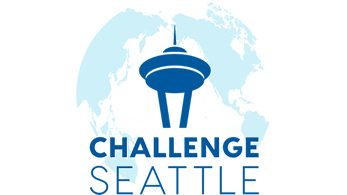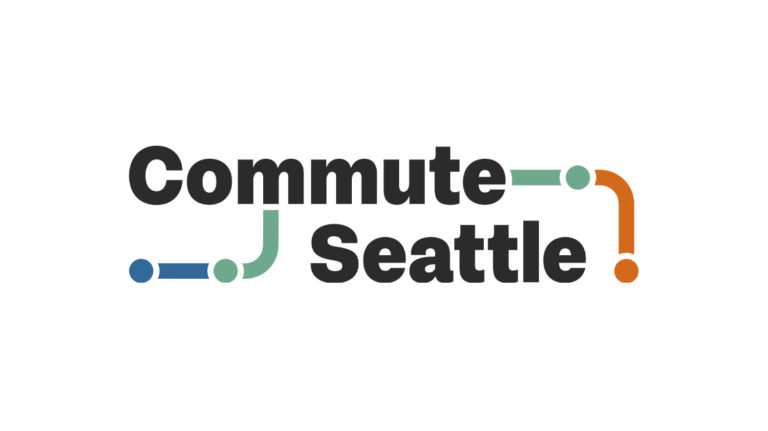
Issue
The COVID-19 pandemic shifted commute travel behaviors. Service and frontline workers continued to report in person, while office staff largely adopted telework. During this time, transit use dropped significantly and some commuters have switched to drive-alone trips when required to be at a physical location for work.
Many workplaces are adopting a hybrid model now that offices are reopening. With employee retention essential for downtown Seattle businesses across all sectors, employers will need to consider staff needs and arrangements for their commute trip reduction programs and to better balance peak period travel in the downtown core. Likewise, local government and public transit agencies must reconfigure to ensure system reliability and transportation system optimization.
Spark
How people travel and accomplish work activities is shaping up to be different in the “new normal.” Employers have an opportunity to build off the lessons learned during the pandemic by understanding and supporting employee transportation needs, in both service and office settings, to help retain talent and grow workplace satisfaction. These insights will also guide transportation agencies and service providers to support emerging commute patterns and travel behaviors.
Overview
The project will build off the existing Commute Trip Reduction (CTR) survey for employers who are in the CTR program as required by state law in the central city portion of Seattle. In addition, a complementary series of questions will be developed for service workers and those who have a telework/hybrid work option to gain better insights into transportation needs. This includes motivating factors for travel choices — such as how they travel, time of day, and days of the week for commuting to a jobsite.
Innovation
Better commute insights with motivating factors for how people travel will be extremely helpful to employers and transportation agencies in understanding emerging trip patterns to support workers in the new normal post-pandemic. The survey that is developed could continue to be used in other locations to complement the existing commute trip reduction questionnaire.
Materials
- See the 2022 Seattle Commute Survey on the Commute Seattle website.
- See Key Findings of the 2022 Commute Study.
Impact
Impact
- Provide an understanding of why people working in similar industries in Seattle’s Center City neighborhoods have drastically different travel behavior and inform employers and government to manage demand across different modes.
- Identify the share of Center City commuters who own a car and provide insight as to whether climate action influences commute decisions.
- Establish a statistically valid model to detect and understand travel modes by commuters within Seattle’s Center City, including trips reduced by telework and flexible scheduling.
Team
This work is supported by Commute Seattle with funding committed by the Downtown Transportation Alliance (DTA) partners, the Downtown Seattle Association (DSA), City of Seattle DOT, King County Metro, and Sound Transit.
Academic Department
Faculty Leadership
Contributors
- Anne Vernez Moudon, Professor Emeritus
- Mark Hallenbeck, Director of the Washington State Transportation Center
- Lamis Abu Ashour, research assistant, UW Urban Design & Planning




